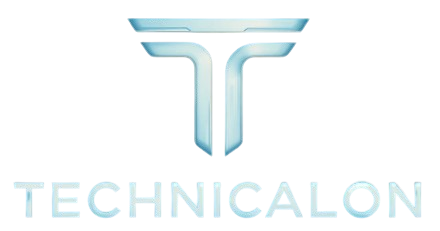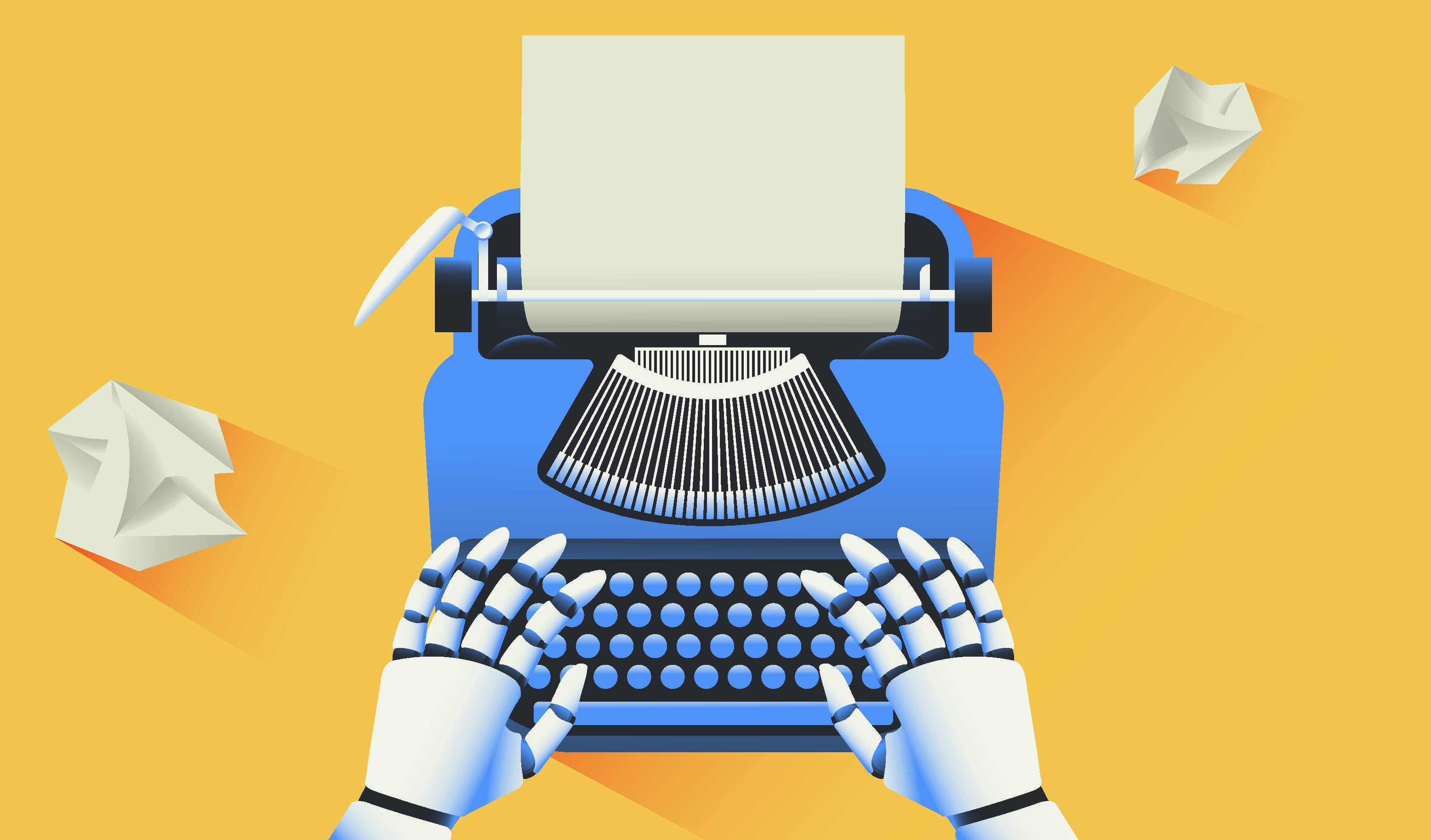Artificial intelligence (AI) has made significant strides in many fields, including creative writing. OpenAI recently introduced a model designed to generate fictional stories, raising questions about whether AI can replace human authors. While AI-generated content may exhibit technical proficiency, it often lacks the depth, authenticity, and emotional nuance that make human writing compelling.
We explore AI’s role in creative writing, its strengths and weaknesses, ethical concerns, and why human writers remain irreplaceable. We’ll also answer frequently asked questions and examine AI’s impact on the publishing industry, literature, and storytelling as an art form.
AI in Creative Writing: A Double-Edged Sword
AI models, such as OpenAI’s latest fiction-writing tool, can generate grammatically correct and structurally sound prose. However, much like a precocious teenager in a writing workshop, AI often appears to reach for profundity without fully understanding its meaning.
For instance, the AI described Thursday as “that liminal day that tastes of almost-Friday.” While technically creative, this phrase feels contrived, lacking the organic inspiration that a human writer brings to their work.
AI-generated writing is essentially a form of statistical pattern recognition. It can mimic styles, predict sentence structures, and even craft poetic imagery. However, because it lacks real-world experiences, its writing often comes off as derivative or shallow.
The Evolution of AI Writing Models
AI-generated text has come a long way since the early chatbots and automated content generators. The first AI writing models were simple rule-based systems that could string sentences together but often produced nonsensical results. Today, modern AI models like GPT-4 are trained on massive datasets that allow them to generate coherent and contextually relevant prose.
Key Milestones in AI Writing
- Early AI Experiments (1950s–1980s) – Scientists explored machine-generated language with early computational linguistics and natural language processing.
- Markov Chain-Based Writing (1990s–2000s) – AI began to predict words based on probability models, leading to more structured output.
- Neural Networks & Deep Learning (2010s) – AI models started learning from vast corpora of text, improving fluency and coherence.
- Transformer Models (2020s–Present) – With advancements in AI like GPT-3, GPT-4, and BERT, text generation became more sophisticated, allowing AI to produce creative and nuanced writing.
Despite these advancements, AI still struggles with originality, emotional depth, and ethical considerations.
The Ethical Dilemma of AI-Generated Content
One major issue surrounding AI-generated fiction is the way these models are trained. AI learns by analyzing vast amounts of text, often pulled from books, articles, and online sources—sometimes without the explicit consent of authors. This raises serious copyright concerns.
Many authors, including The New York Times and the Authors Guild, have sued OpenAI for using their works without permission. Although OpenAI argues that this falls under fair use, critics worry that AI-generated content diminishes the value of original human-authored work.
Beyond legal concerns, there’s an ethical question: should AI be used to generate creative writing at all? Does it contribute to literature, or does it simply produce an imitation of genuine artistry?
The Impact on Writers and Artists
If AI becomes widely adopted for fiction and poetry, will it make human authors obsolete? While some fear that AI could replace entry-level writing jobs, others argue that it can never fully replace the human touch that makes storytelling special.
Why AI-Generated Fiction Feels Hollow
Despite AI’s ability to generate fluent text, it struggles with:
- Authentic Emotion – AI can describe sadness but cannot feel grief.
- Originality – It remixes existing work rather than producing unique insights.
- Consistency – AI writing can be erratic, with shifts in tone or perspective.
- Cultural Nuance – AI lacks the lived experience needed to accurately depict different cultures and identities.
- Ethical Storytelling – Without moral judgment, AI may generate insensitive or problematic narratives.
These limitations make it unlikely that AI will replace novelists, poets, or screenwriters. Instead, AI might serve as a tool to assist writers, providing inspiration or helping with brainstorming rather than replacing human creativity.
AI as a Writing Assistant, Not a Replacement
Many writers are experimenting with AI to enhance their creative process. AI can be useful for:
- Generating story prompts
- Helping with writer’s block
- Suggesting alternative phrasings
- Editing and proofreading
Most authors find that AI-generated text lacks the unpredictability and depth that make storytelling truly engaging. A novel crafted entirely by AI would likely feel synthetic—devoid of the personal touch that makes literature resonate with readers.
FAQs
Can AI replace human authors?
No. While AI can generate text, it lacks the personal experiences, emotions, and unique perspectives that define human storytelling.
How does AI learn to write fiction?
AI models are trained on massive datasets, learning patterns in storytelling, grammar, and structure. However, they do not understand meaning the way humans do.
Is AI-generated content considered plagiarism?
It depends. If AI writing closely mimics an author’s style or reuses their work without permission, it could be ethically and legally questionable.
Can AI write a best-selling novel?
While AI can generate readable content, most AI-written works lack the depth, originality, and emotional resonance required for commercial success.
How do publishers view AI-generated writing?
Most publishers prefer human-authored work. Some may accept AI-assisted writing, but entirely AI-generated manuscripts are unlikely to be published traditionally.
Will AI improve over time?
AI is constantly evolving, but it will always lack human emotions, experiences, and true creative intent.
Should writers fear AI?
No. Instead of replacing writers, AI can be a useful tool for brainstorming, editing, and improving efficiency without diminishing human creativity.
Conclusion
AI is an impressive tool, but it is not a replacement for human creativity. While it can generate text with technical skill, it cannot capture the true essence of storytelling—lived experience, emotion, and originality.
For now, AI remains a writing assistant rather than an author. Writers can use AI to support their creative process, but the future of literature will always depend on human imagination.
As long as readers crave stories that make them feel, think, and connect, human writers will remain at the heart of storytelling.
The role of AI in creative writing should be seen as complementary rather than competitive. By harnessing AI as a tool rather than a substitute, writers can push the boundaries of creativity while preserving the human essence that makes storytelling timeless.

